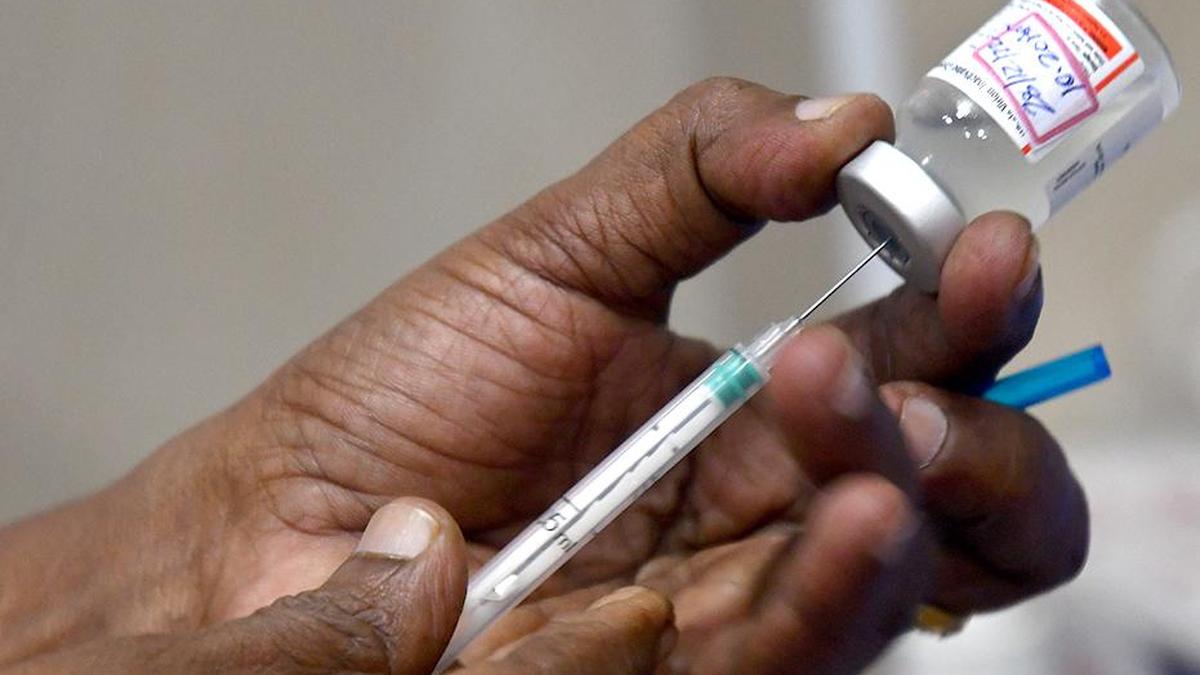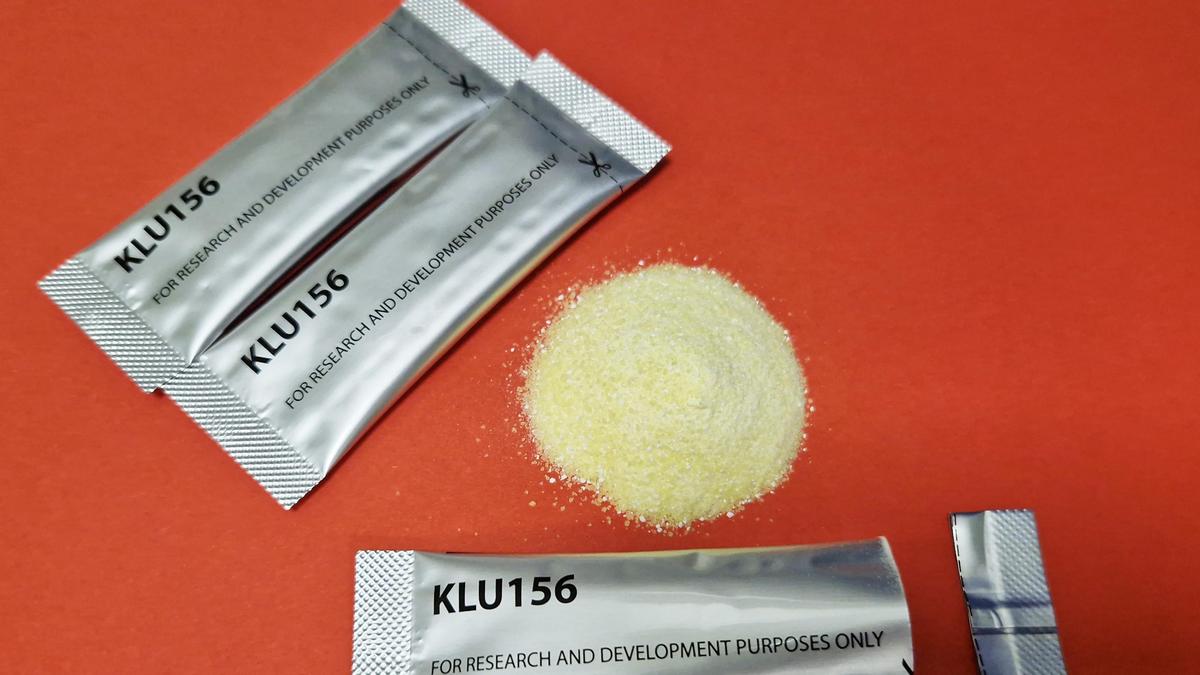Workplace stress and rising diabetes risk among India’s working-age adults

India has an estimated 10.1 crore people living with diabetes according to ICMR–INDIAB, 2023, and growing evidence suggests that workplace stress may be one of the factors heightening this burden. While international research has long linked chronic stress to metabolic dysfunction, emerging Indian data echo these patterns. For instance, a study among adults with Type 2 diabetes at a medical college in Tamil Nadu found that higher perceived stress scores were significantly associated with poorer glycaemic control and longer disease duration.
Physiologically, chronic stress keeps the body in a state of heightened alert, elevating cortisol and adrenaline, disrupting glucose metabolism, and favouring fat accumulation around the abdomen. Over time, this leads to insulin resistance and metabolic instability.
“We are seeing this link more clearly now than a few years ago,” said R. Sundararaman, senior consultant – internal medicine, SIMS Hospital, Chennai. Many of his patients in their early 30s and 40s arrive with rising sugar levels, poor sleep and central weight gain despite no major dietary excess. “Chronic stress at work keeps cortisol levels high and that slowly interferes with how insulin works.
Sadhana Dhavapalani, senior consultant in family medicine at Apollo Hospitals, Chennai, noted that recent workplace health research is beginning to also show gendered patterns in stress-linked metabolic changes. “Multiple studies suggest that prolonged occupational stress is associated with a higher incidence of Type 2 diabetes and pre-diabetes in women,” she said, adding that early signs such as steady weight gain, borderline blood pressure, and rising triglycerides often go unnoticed until they progress. The pattern is very familiar: no time to eat properly, no time to sleep, and rising sugars that they don’t notice until blood tests pick it up.”

Early metabolic signs
Doctors say the early metabolic effects of stress are frequently misattributed to “busy lifestyles.” Elamthalir. I., consultant, diabetology, SRM Global Hospitals, Chennai, notes that signs such as abdominal weight gain, daytime fatigue, fragmented sleep and sudden cravings are commonly normalised rather than recognised as endocrine warning signals. “Many people assume reduced appetite or increased tiredness is just part of their routine. But we see insulin sensitivity declining much earlier, along with fluctuations in post-meal blood sugar,” she explained.
Pearlsy Grace Rajan, senior consultant, internal medicine, Rela Hospital, Chennai, described this as a subtle but progressive pattern. “Persistent fatigue, abdominal weight gain, cravings and disrupted sleep are often dismissed as stress. But these can be early metabolic flags. If missed, they progress to impaired glucose tolerance before anyone realises.”

Work patterns amplify risk
Doctors pointed to sharper increases in stress-linked diabetes among workers in tech, finance, customer service and healthcare .“The most worrying trend is among IT and finance professionals and night shift workers,” said Dr. Sundararaman. “They tell me they feel guilty switching off their phones even for half an hour. This constant pressure is directly reflected in their sugars.”
Narendra B.S., lead consultant, endocrinology & diabetology, Aster Whitefield Hospital, Bengaluru, added that shift work disrupts circadian rhythms, which govern metabolism. “When sleep and meal timing are irregular, insulin sensitivity drops. We see more unstable blood sugar profiles in people on night shifts, even if they are careful with diet and medication.”
Call for structural changes
Experts emphasise that the solutions do not require elaborate corporate wellness budgets. Small, predictable rhythms have disproportionate benefits. Workplaces that provide scheduled lunch breaks, movement gaps between meetings, limits on late-night logging, healthy cafeteria options, and shift rotations for night workers can significantly reduce stress hormone load, said Dr. Elamthalir, describing these changes as “low-cost, high-impact.”
. Dr. Pearlsy noted that such supportive policies may enhance productivity rather than compromise it. “When the body is not constantly under stress, attention and performance improve.”

Stress management
For those already diagnosed, managing stress can meaningfully stabilise blood glucose. Dr. Sundararaman said he has seen patients who adopt mindfulness or therapy achieve smoother sugar patterns. “When the mind is calmer, sleep is better, and the sugars behave better,” he said.
Subramanian Kannan, senior consultant, endocrinology & diabetology, Narayana Health City, Bengaluru, said, “Stabilising cortisol through structured breaks, counselling, predictable routines or mindfulness can complement medication in lowering glucose variability.”
Stress, doctors emphasise, must be taken as seriously as diet and exercise.
Published – November 14, 2025 06:00 am IST



